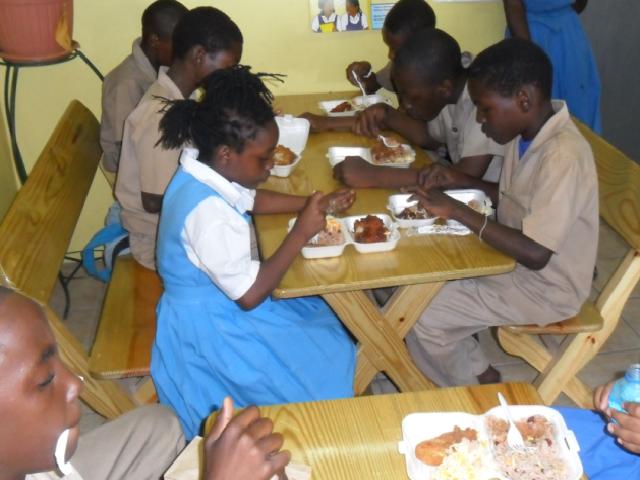The Federal Government has reiterated its commitment towards permanently exiting the list of polio-endemic countries by 2017, and has reconstituted the National Task Force on Polio Eradication to enable it function adequately.
President Buhari stated this at the signing signing of the updated Abuja commitment of polio eradication with state governors at the Presidential Villa Abuja yesterday, that all 36 state governors would partake in the new deal as members of the task force in view of their strategic positions as leaders of their respective states.
However, the American billionaire and founder of Bill and Melinda Gates Foundation, Bill Gates, President of Dangote Group of Companies, Dr. Aliko Dangote, the U.S. Ambassador to Nigeria, James Entwistle, the governors of Zamafara, Delta, Adamawa, Nasarawa, Kano among others witnessed the signing ceremony.
Also they joined other governors in signing of a Memorandum of Understanding (MoU) in Kaduna State which states to launch a new partnership that would commit political and financial resources to strengthen and sustain routine immunisation programmes towards keeping Nigeria polio-free.
The objective of the MOUs was to reach 80 percent of the target population in the states involved with the necessary life-saving vaccines by December 2018 to prevent common childhood diseases and ensure a polio-free environment.




